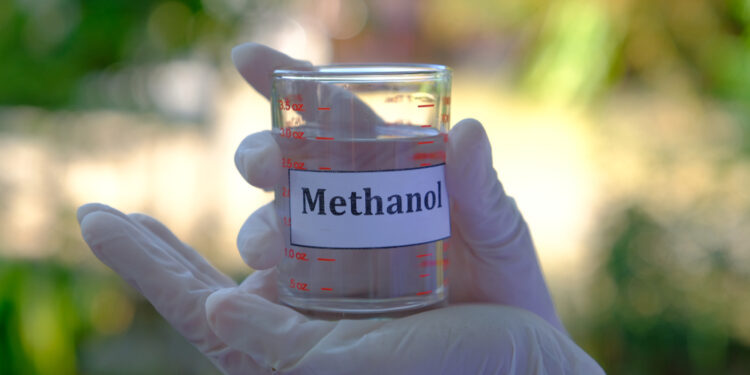Iberdrola, will invest EUR1.1 billion (about AUD$1.7bn) in developing a new green hydrogen and methanol plant in Tasmania. The new facility, one of the largest in the world, will produce up to 300,000 tonnes of methanol for use as a marine fuel. Iberdrola is partnering with ABEL Energy and the Australian government to set up “Bell Bay Powerfuels,” at Bell Bay in the northern part of Tasmania.
Noting that the global shipping industry is opting to build green methanol-fuelled ships, the project proponents said that the new facility will initially produce 200,000 tonnes of green methanol, rising to 300,000 tonnes later. Shipping Australia CEO, Captain Melwyn Noronha welcomed the news, commenting that is investment is evidence to the green shipping revolution that is on its way to Australia.
It is also further evidence, along with all the announcements from ocean shipping companies and the new environmentally-friendly shipping regulations from the IMO, that the global ocean shipping industry is barrelling head-first and at-speed toward a brighter, cleaner, and greener, future
…Mr. Noronha added.
Currently, about 90 methanol plants around the world produce approximately 110 million tonnes of methanol, which is a widely traded and consumed commodity used to create a wide range of industrial and consumer products. The current size of the world market for cargo ship-fuel is about 229 million tonnes and it has a value of USD$130 billion a year.
However, as methanol has less than half the energy content of heavy fuel oil and as the price of methanol is much greater than heavy fuel oil, the future world volume and value of the global ocean-going cargo ship-fuel market will likely increase. About 6,013 unique cargo ships made a total of approximately 34,000 port calls in Australia in 2018-2019, of which 5,915 unique cargo ships made 17,602 voyages to Australia from oveseas ports, Shipping Australia said.
With regards to investments in methanol, so far Maersk has made orders for large methanol-powered ships while other stakeholers have followed suit from different ocean shipping sectors announcing that they have also committed to methanol-powered ships.
Looking forward, Shipping Australia refers to carbon capture as there are numerous shipboard trials underway that are testing carbon capture and storage on ships as carbon dioxide from fuel combustion is concentrated in a ship’s exhaust. Carbon capture and storage technology aboard ships is due to be discussed in July 2023 by the International Maritime Organization, the specialist maritime-focused agency of the United Nations.






























































